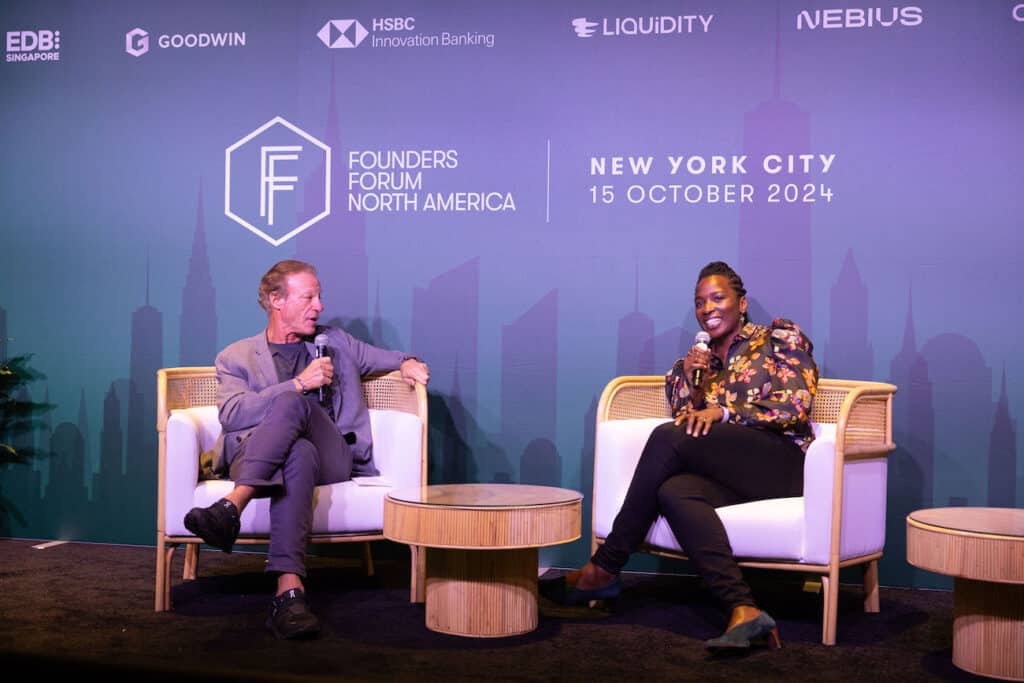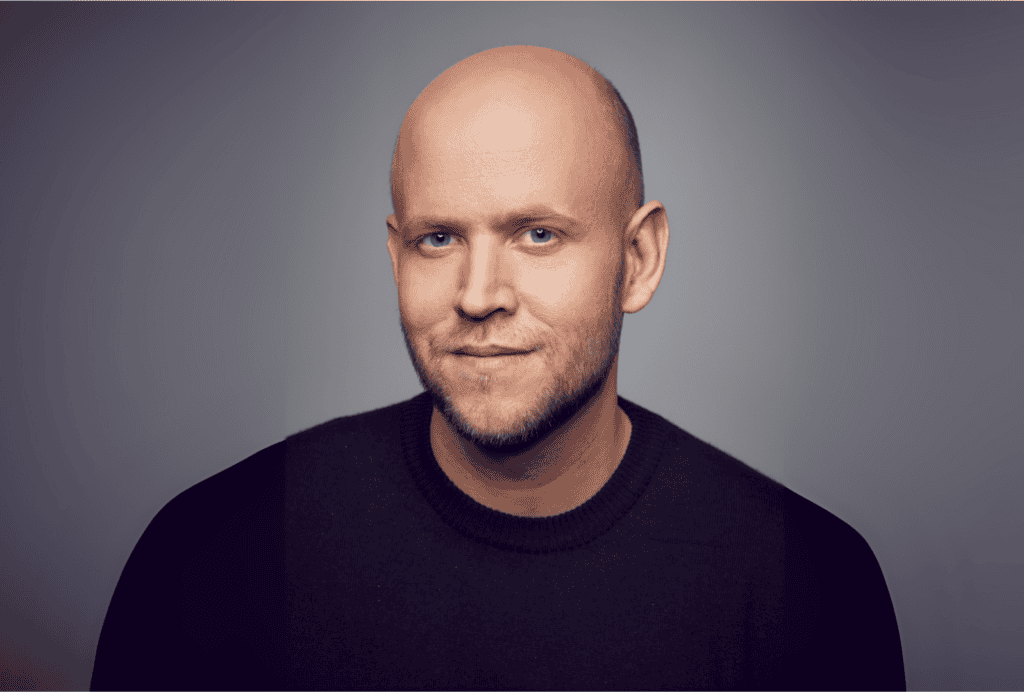David Rosenberg, Founder and CEO of AeroFarms, explains why vertical farming is the future. Read more in our CEO Forecast 2023.
In the United States, more than 2,000 vertical farms grow crops in stacked layers, carefully monitored by IoT-connected devices that optimise efficiency and boost plant growth.
Vertical farming won’t eliminate field farming, but according to David Rosenberg, Founder and CEO of AeroFarms, its cost structure – and crucially, the cost-efficiency of LED lights – is trending in a way that means more crops will be grown on vertical farms.
AeroFarms last year opened the world’s largest indoor vertical farm of its kind in Danville, Virginia. The 14-layer facility can grow up to 390 times more than a field farm using up to 95% less water.
“Due to erosion and pollution, the world has lost a third of its farmland in the past 40 years,” David says.
“Vertical farming’s controlled environment reduces the amount of land, water, energy – and the need for soil, fertilisers, and pesticides – required to grow food.”
Vertical Farming’s Robot Revolution
AeroFarms, which has raised $256m in funding to date, recently expanded nationally with Whole Foods Market to support its growth in the US and signed a joint venture agreement with the Saudi Public Investment Fund to build and operate indoor vertical farms in Saudi Arabia and the MENA region.
AeroFarms has also just opened the world’s largest R&D indoor vertical farm in Abu Dhabi, UAE.
From the start, David knew he wanted to integrate more robotics into his vertical farms. He first focused on AI solutions for growing, before realising he needed a systems-based approach, taking into account the whole farming process – from seeding to harvesting and packaging.
Fortunately, the tech already existed. David took solutions used in warehouse automation and hired people to customise and integrate them into vertical farming.
The market for agricultural robots is expected to grow from $7b to $99b by 2030. AeroFarms has invested in finding the precise spectrum of light needed to best optimise photosynthesis and maximise yields. It also tracks every plant it grows, so for each growing tray it can tell where each seed originates from, bringing food traceability to a new level.
“Implementing IoT-connected robotics across large-scale outdoor farms is still a challenge,” David explains.
“In vertical farming, with everything contained and controlled in one facility, it’s easier to ensure uniformity and implement robotics across the growing process.”
Investment in AgTech
Still, in today’s investment environment, funding production systems that can cost tens of millions of dollars based on newer technologies, whether a vertical farm or a new precision fermentation system to produce protein, is not easy.
“For now, founders in the space need to align with long-term, patient capital,” David advises.
“Those who choose the wrong investor with short-term aims will come under pressure to change their business models – and that’s where problems occur.”
Download our CEO Forecast 2023 for more insider insights from the world’s top founders.
 All Posts
All Posts



